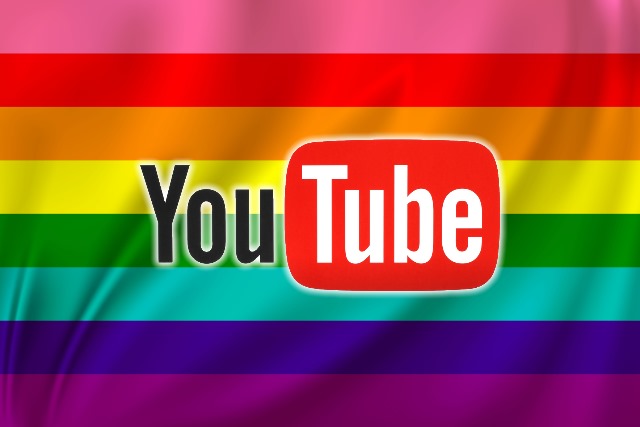
Google attracts criticism for hiding LGBTQ videos in YouTube's Restricted Mode
LGBTQ+ videos are effectively being censored by Google, say a number of high-profile YouTubers. The accusations surround YouTube's Restricted Mode and the belief that this is hiding videos with LGBTQ+ content from view, leading some to suggest that active censorship is taking place.
Google says that this limited mode exists to give people the option to avoid "videos that discuss more sensitive issues." The blocking is supposed to be triggered by "community flagging, age restrictions, and other signals," but YouTubers complain that even "innocent" videos that reference same-sex relationships, "queer perspectives" and other LGBTQ+ topics have been restricted.
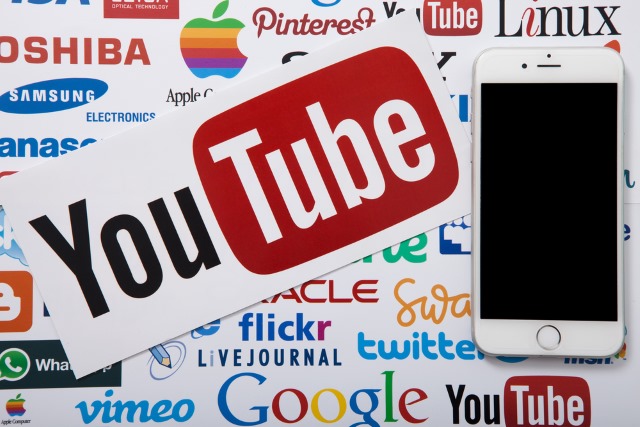
YouTube kills off video annotations in favor of mobile-friendly Cards and End Screens
Things are changing at YouTube. Having previously announced plans to drop 30-second unskippable ads from videos, Google has now also revealed that it will be dropping another annoyance -- the annotations that blight many videos and distract from the actual content.
Annotations have generally been used to link to related material, push merchandize and so on, but there has been something of an issue: annotations are not very mobile-friendly. Google says that Cards (which can be displayed at any point during a video) and End Screens (which, funnily enough, appear at the end) provide the same functionality as annotations, work on mobile, and are more user-friendly.

Facebook, Google and Twitter could face EU legal action for unfair terms and conditions, and failing to tackle scams
Having expressed concerned about privacy in Windows 10 and the scanning of Yahoo emails, the European Commission is now turning its attention to Facebook, Google+ and Twitter. The commission is concerned about a rising number of complaints from people who have fallen victim to scams on social media, and being subjected to terms and conditions that are incompatible with European law.
Having already written to the three companies back in November, the European Commission, along with EU consumer authorities, met to discuss how they will move forward. The commission says that if the proposals are unsatisfactory, "enforcement action" may be required.
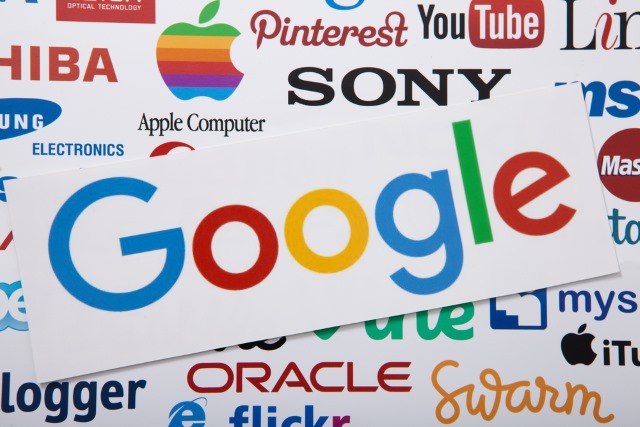
Google scrabbles to appease advertisers after drawing ire for inappropriate ad placements
Yesterday, the Guardian withdrew advertising from Google and YouTube after its ads were placed next to extremist content. The British newspaper was not alone -- broadcaster Channel 4, and even the British government soon followed suit.
Now Google is scrabbling to calm down the situation. Advertisers are unhappy that their ads have been placed next to extremist content and hate speech, and Google says it will improve the controls advertisers have over ad placement. At the same time, the company says: "we believe strongly in the freedom of speech and expression on the web -- even when that means we don't agree with the views expressed."

Google releases open source 'Guetzli' JPEG encoder
Google is one of the biggest champions of open source. Not only does the search giant use open source software in its products, but it contributes to the community too. There are many projects made open source by the company, which helps the greater good.
Today, Google releases yet another open source project. Called "Guetzli," it is a JPEG encoder that aims to produce even smaller image file sizes. In fact, the search giant claims a whopping 35 percent improvement over existing JPEG compression. If you are wondering why smaller file sizes are important, it is quite simple -- the web. If websites can embed smaller images, users can experience faster load times while using less data.
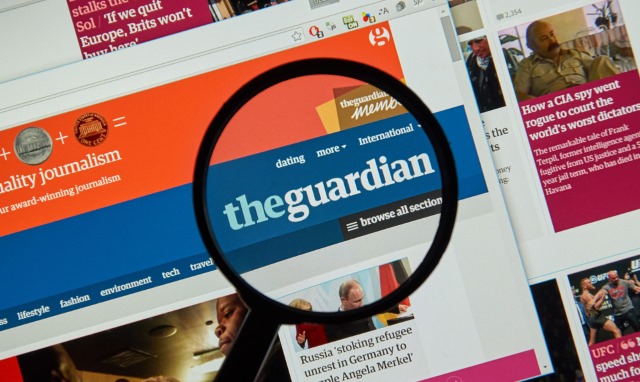
The Guardian pulls its ads from Google and YouTube after placement next to extremist material
The Guardian has pulled all of its ads from both Google and YouTube. The British newspaper was unhappy to discover that advertisements for its membership scheme were placed next to extremist material.
It is understood that the positioning was accidental, but the Guardian's chief executive described the situation as "completely unacceptable". Ads appeared next to videos for a "hate preacher", American white nationalists, and other controversial content. Google's AdX, DoubleClick Ad Exchange Service, algorithms are thought to be to blame and, in a letter to Google, the Guardian seeks assurances that the problem will not happen again.

Tech giants support Google's fight against FBI in foreign data storage case
Following a ruling by a Pennsylvania court that Google would have to turn over emails stored overseas, Apple, Microsoft, Amazon and Cisco have come together to file an amicus brief in support of the company.
Filing an amicus brief is a way in which companies or people not directly involved in a case can show their interest in it to a court. In this situation, it is in the best interest of the companies that filed the brief that US law enforcement remains unable to access customer data that is currently stored outside of the US.
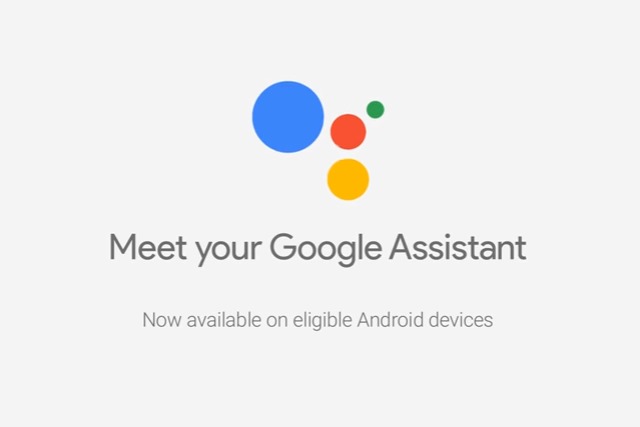
Google Assistant is not coming to tablets
If the rollout of Google Assistant to more devices got you excited as a tablet owner, there's some bad news. Google has confirmed that the handy tool will not be making its way to tablets.
Last month the company said that Google Assistant was on its way to all Android smartphones running Marshmallow and above, but didn’t make reference to tablets one way or the other. But now it has been made clear that tablets are not in line for the upgrade -- at least not for the time being.
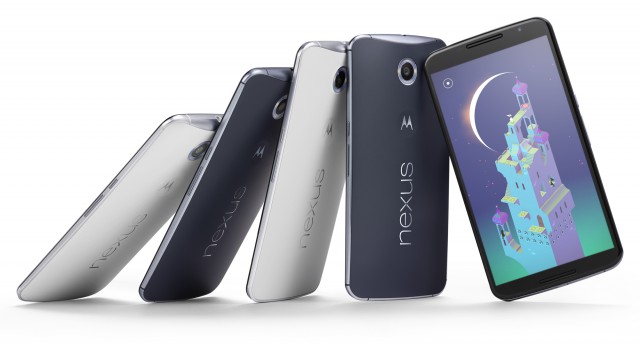
Google pushes out OTA downgrade taking Nexus 6 phone back to Android 7.0
Being a Google device, it's not surprising that the Nexus 6 was among the first handsets to receive an upgrade to Android 7.1.1 Nougat. But now the company is pushing out a rare over-the-air downgrade to Android 7.0.
When the update arrived, it -- rather understandably -- caused a great deal of confusion as users expect operating systems to progress rather than step back in time. Android 7.1.1 broke Android Pay for Nexus 6 users, and it's thought that this is the reason for the downgrade. But there's some bad news: the downgrade requires a factory reset.

Google launches Family Link to help parents track and manage their child's Android usage
A common complaint against the censorship of vulgarity on the web to protect children is that organizations are doing the work of parents. In other words, parents should instead be monitoring the activities of minors -- not the government or other organizations. Yeah, that is a fair point, but easier said than done. Nowadays, children are often more tech savvy than their guardians, making it a tough affair. Not to mention, many modern parents are overworked and tired -- they simply do not have the tools to stay on top of it.
Today, Google launches early access to a new app which helps parents to track and manage their child's Android usage. Called "Family Link," it is designed to be easy to use, while not ruining the experience for the minor user. Unfortunately, there is one big catch -- it requires Android 7.0. This is a problem, as most Android devices are running older versions of the mobile operating system.

Google teaches one million African people to use the web
While this might be surprising to millennials, not everyone grows up with computers. It wasn't until I was in high school that my family was able to afford a PC. While I learned quickly, I was already many years behind my more well-off peers. Nowadays computers are much less expensive, enabling more folks to own them, but there are still many people around the globe, in places like Africa, that can't afford one. This means they will fall behind the rest of the world on essential skills, such as using the web.
Google was not satisfied with this, however, so it set out to teach more people how to use the web. Last year, the search giant set a goal of training one million African people to use it. Today, the company announces that it has finally met the goal!
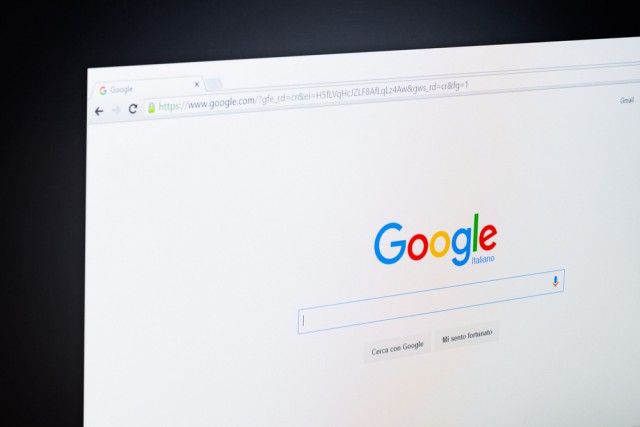
Google Chrome's background tabs now use less power
Chrome isn't the most energy efficient browser around, but Google has been working hard to make things better. The latest improvement focuses on background tabs, which are now said to use less power.
The lower power consumption in background tabs is actually one of the main changes that are part of Chrome 57, which Google released earlier in March. The latest version of the popular browser also gained WebAssembly support and dropped the ability to disable plugins, to name a few.
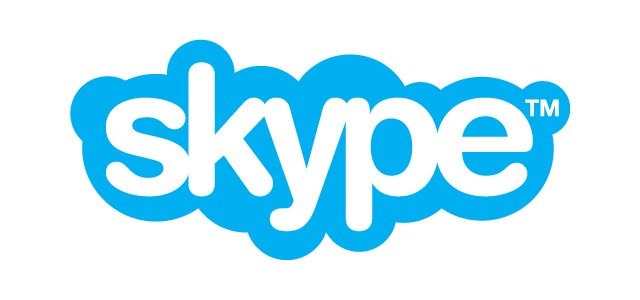
Updated Skype extension for Chrome brings one-click Skype integration to calendars, emails and Twitter
Microsoft is pushing out an update to its Skype extension for Chrome, bringing a host of new features to a range of online services. The update means that you can add Skype call links to emails, calendar events, and social media postings with a single click.
With support for Gmail, Google Inbox, Outlook.com, Google Calendar and Twitter, Microsoft is clearly trying to cover a lot of bases. Twitter is arguably something of a strange choice, but by embracing rival Google services, Microsoft is clearly keen to make Skype more accessible for as many people as possible.

Google reveals Jamboard price and release date
If you're looking for an alternative to Microsoft's Surface Hub, Google has just the thing for you. Unveiled last October, Jamboard is a 55-inch whiteboard featuring a 4K touchscreen display, HD camera, speakers and integration with the search giant's G Suite productivity apps.
Google did not initially reveal how much it will cost or when it will be available, but the company now says that it will be priced just shy of $5,000 and will be released in just a couple of months.

Your Samsung, LG, Xiaomi, or other Android smartphone could be pre-loaded with malware
Despite being based on the very secure Linux kernel, Android isn't necessarily a very secure operating system. Unlike iOS which does a great job of shielding its users from installing apps from outside Apple's own App Store, it is far too easy to do so on Google's mobile OS. Also, there is nothing requiring manufacturers to issue device updates, meaning many users are forced to use outdated and vulnerable versions of the operating system.
For the most part, however, Android users can remain safe by acting intelligently, such as only installing apps from the Play Store. Well, that might not be so true anymore. You see, it has been discovered that many models of Android smartphones -- from manufacturers such as Samsung, LG, and even Google's own Nexus line -- are being sold with malware pre-installed. This is particularly bad malware, as it can steal user information. Some devices even came pre-loaded with ransomware!
